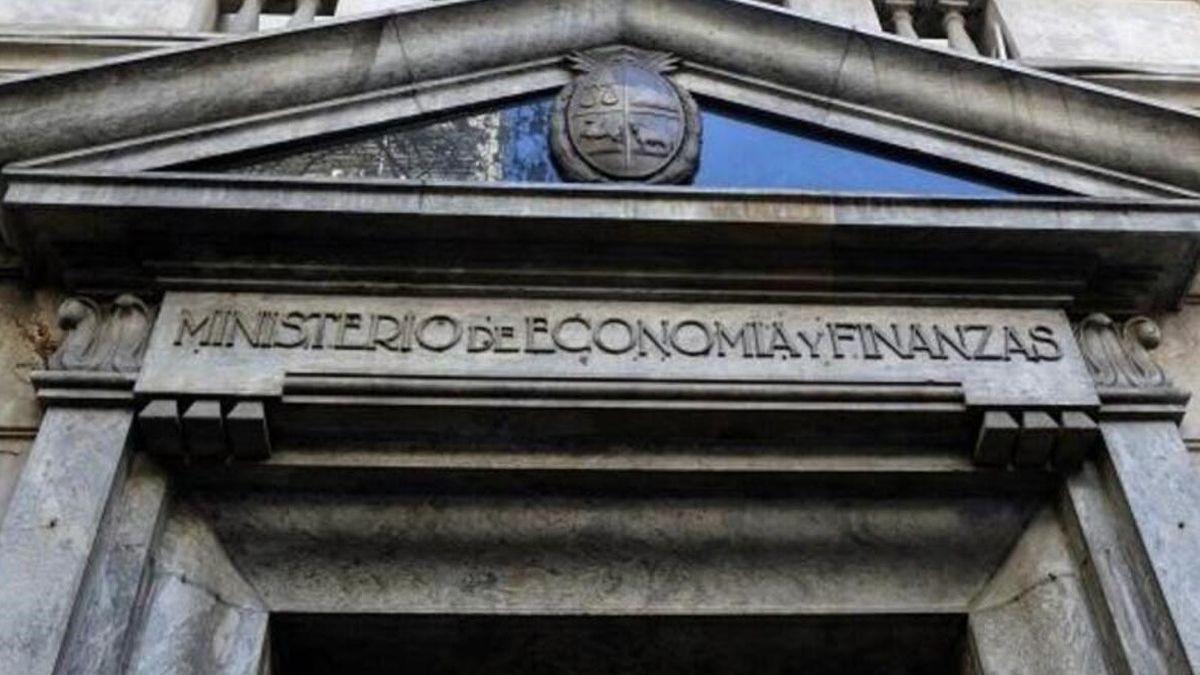The Ministry of Economy and Finance highlighted the improvement, although the indicator is still above what the government expects.
He Ministry of Economy and Finance (MEF) reported that the global fiscal deficit improved in November and fell to 4.2% of GDP, according to the Public Sector Outcome report, published today.
The content you want to access is exclusive to subscribers.
In this way, the indicator shrank by 10 basis points compared to October once the effect of the Social Security Trust (FSS), while the result of the Global Public Sector (SPG) reached 4% of GDP, an improvement of 0.3% when compared to the 12 months ending in October, although far from what was anticipated by the government, which began to attract criticism.


Regarding the result of the Central Government – Social Security Bank (GC-BPS), the result was 3.7% in the last 12 months, reaching 3.8% if income to the FSS is excluded.
At the same time, the GC-BPS income stood at 25.8% of GDP, decreasing 0.3% compared to the previous measurement, while the primary expenditures of the GC-BPS stood at 27.2%, a decrease of 50 basis points, which “is mainly due to a drop in non-personal expenses and transfers from the GC,” the MEF estimated.
On the other hand, the report specified that the net expenses attributed to COVID-19 Solidarity Fund were almost zero in relation to GDP and added that the payment of interests of the GC-BPS remained unchanged compared to the previous month, standing at 2.3% of GDP.
The result of Public Companies
On the other hand, the result of the Public enterprises reached 0.1% of GDP, remaining stable compared to October.
At the same time, that of Non-monetary Public Sector It stood at 3.6% of GDP in November, decreasing 20 basis points and reaching 3.7% excluding FSS income. Finally, the overall result of the BCU was 0.5% of GDP.
The fiscal deficit, under the magnifying glass of the rating agencies
The risk rating agencies carefully observe what happens with the fiscal deficit in Uruguay, which has returned to levels similar to those of 2019 and given the risk posed by the run-up to an election year.
Although the Japanese credit agency Rating and Investment (R&I) ratified the qualification of the Uruguayan debt in BBB+ and maintained a stable outlook, other agencies such as Fitch They have already warned about the situation, beyond recognizing the impact of the drought and the decline in collection.
What happens in the coming months with the fiscal deficit may be key for the rating agencies to define whether or not they maintain the Investor Grade, at times where the figure is around one point higher than expected by the government.
Source: Ambito




